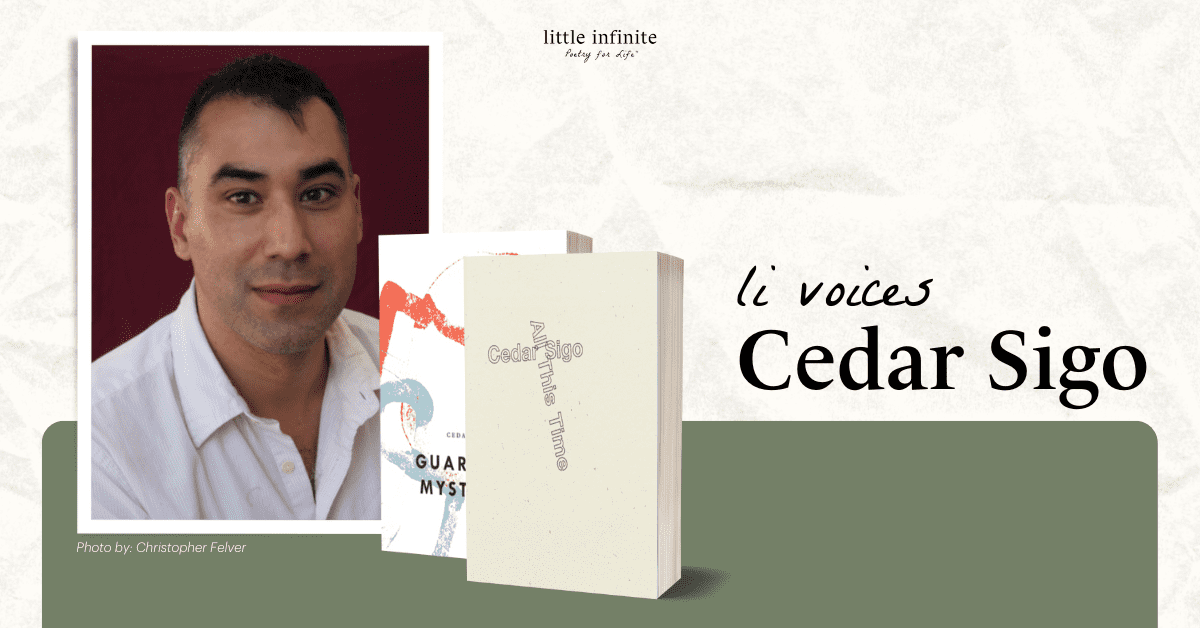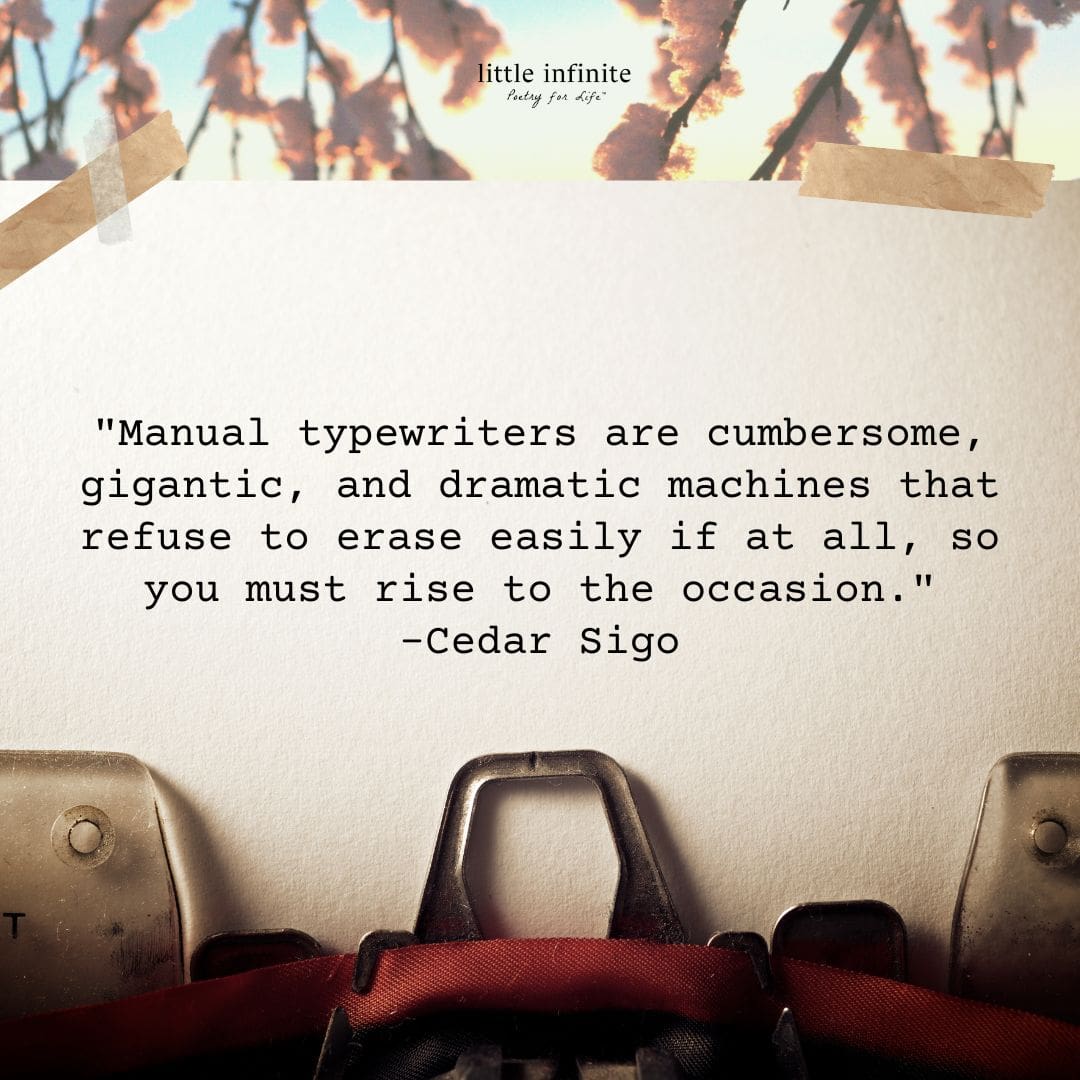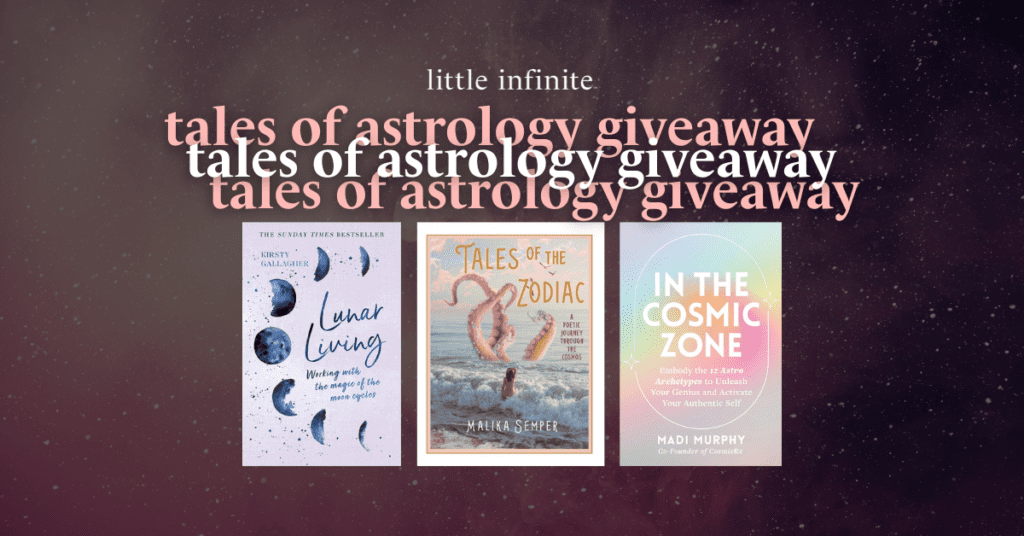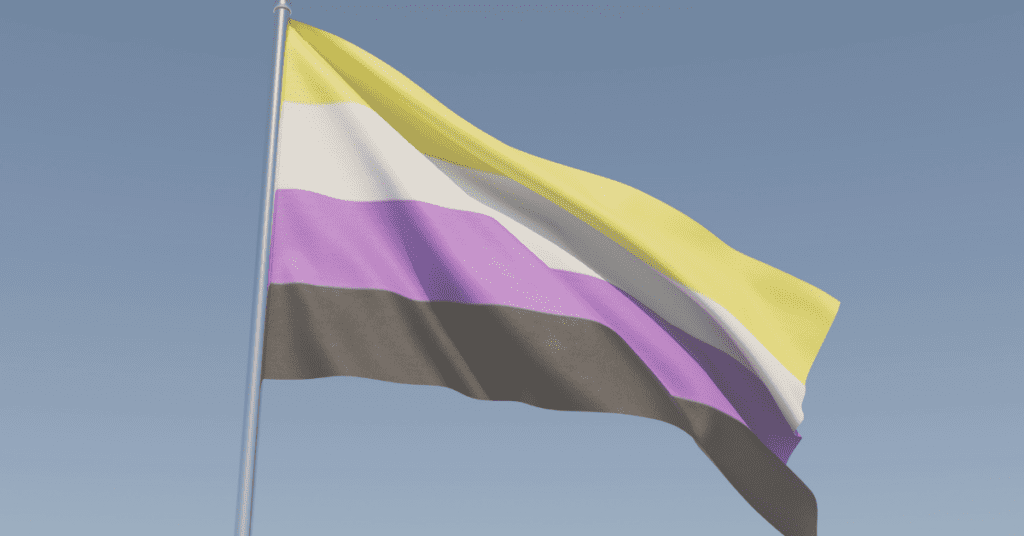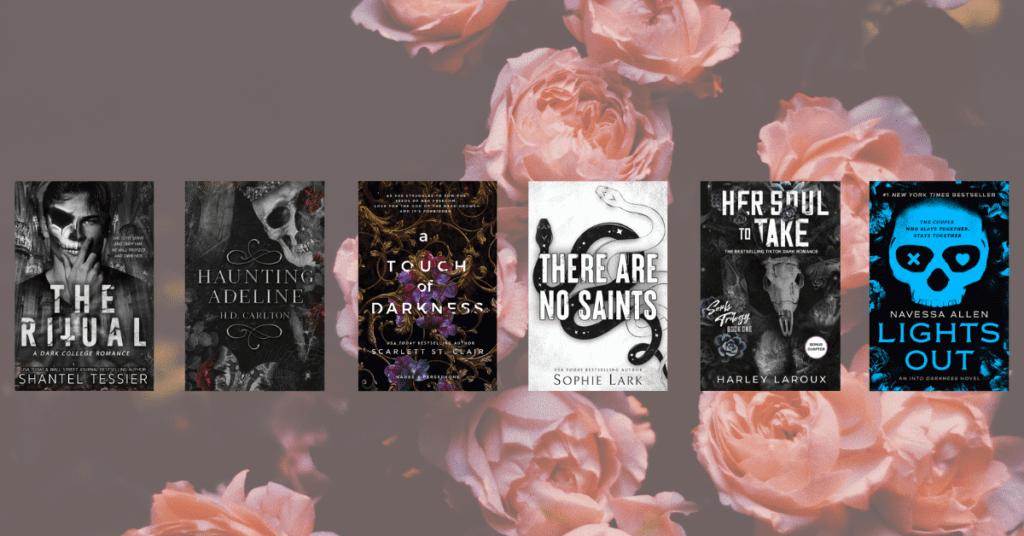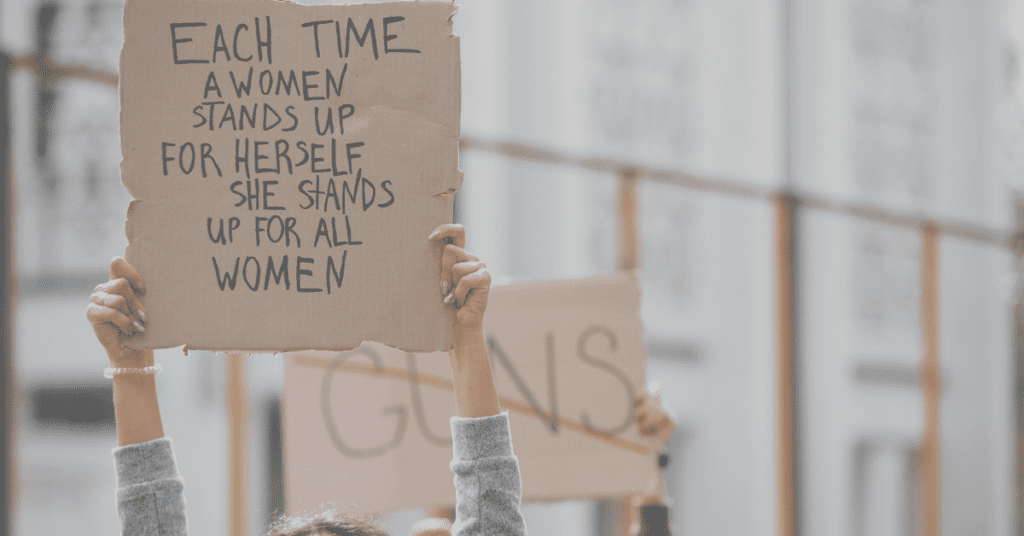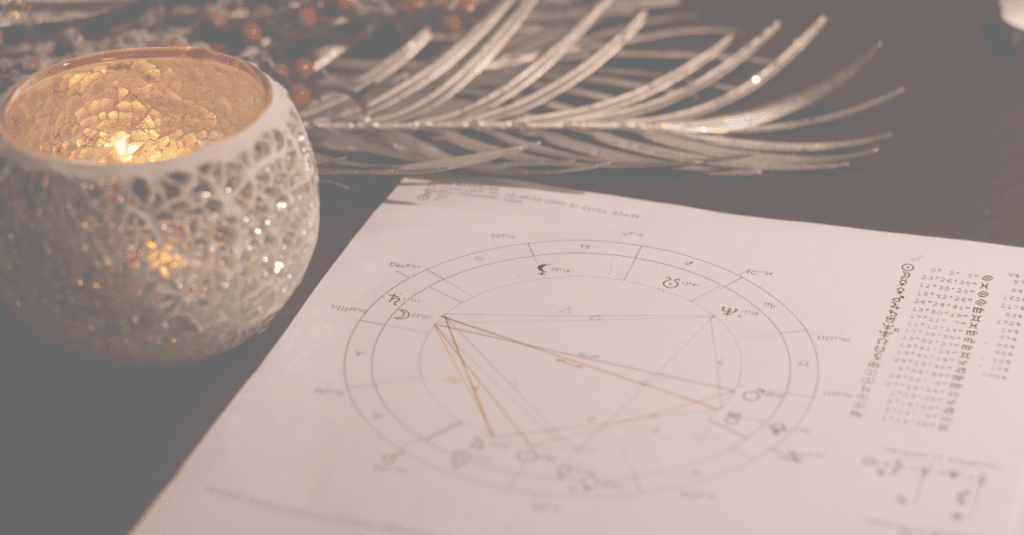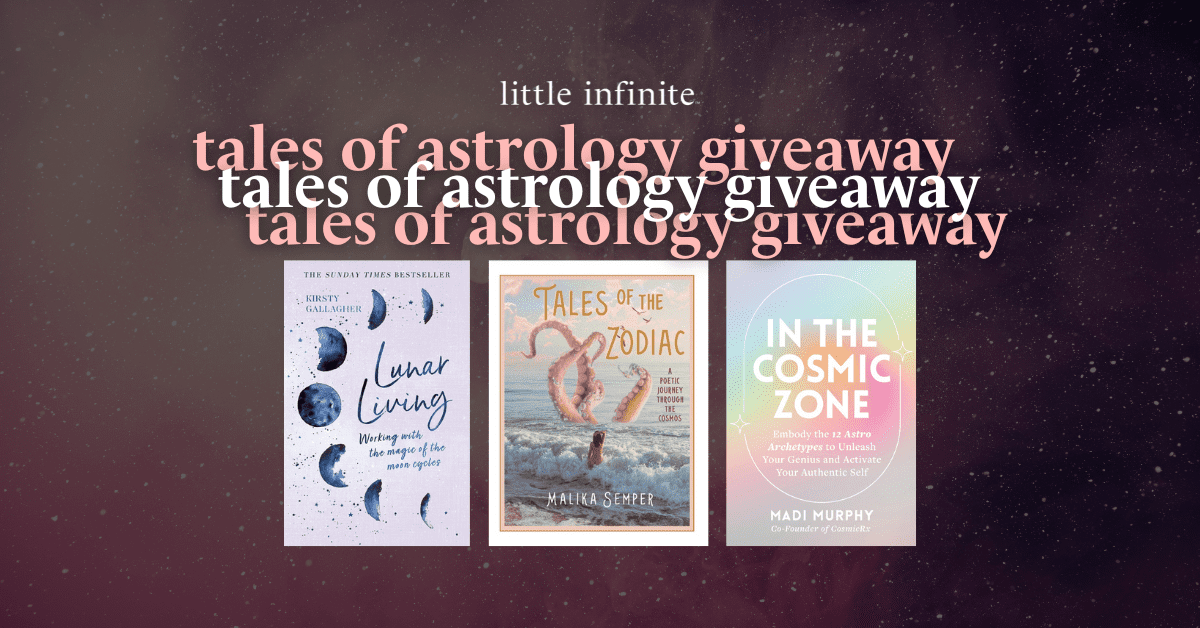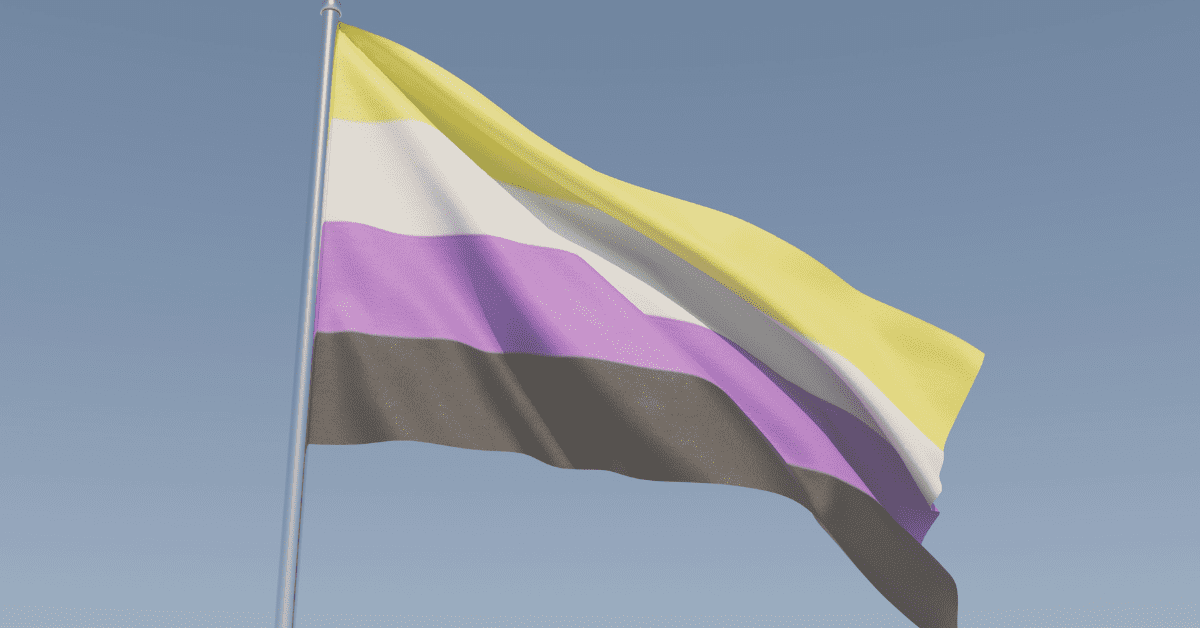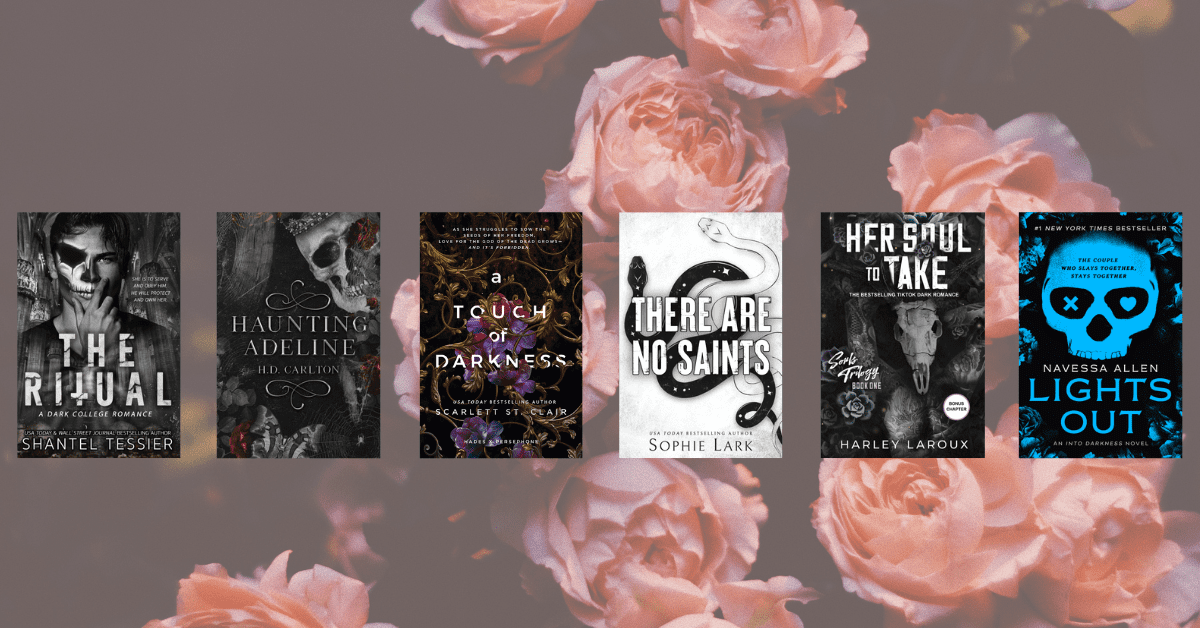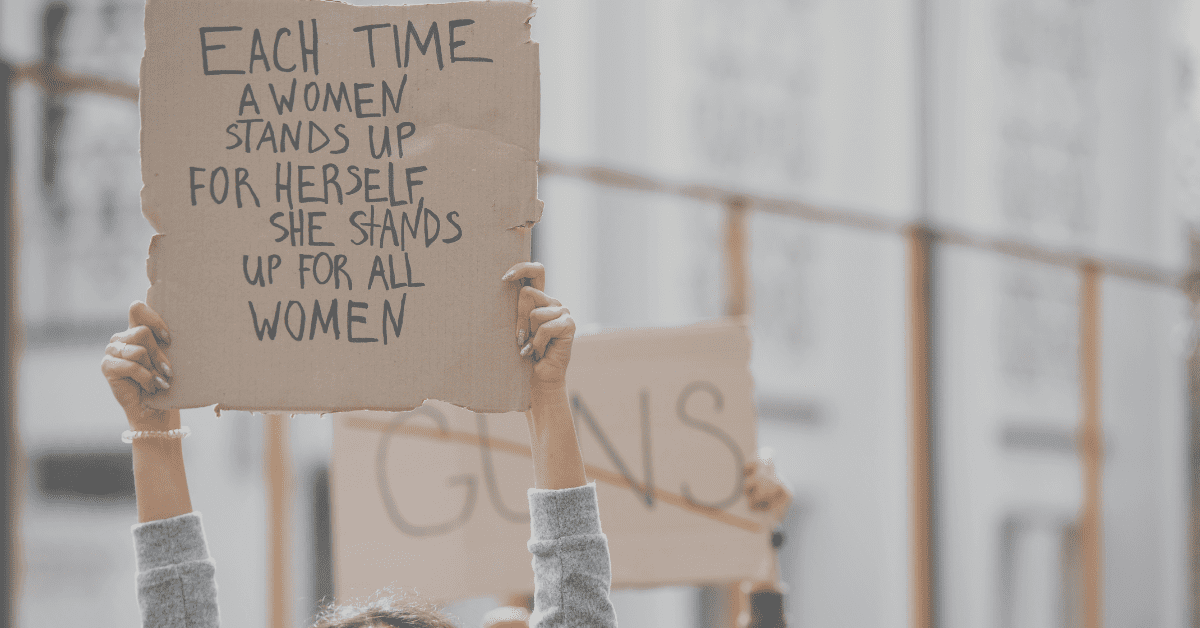Get to know more about Cedar Sigo as a poet and member of the Suquamish Tribe. His books include Guard the Mysteries (lectures) and most recently All This Time (poems) both from Wave Books. He lives in Lofall, Washington.
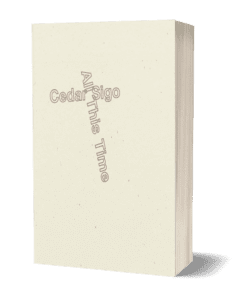
little infinite: Poetry for Life™ is little infinite’s mantra, we’re about making it easier to carry poetry through different phases of your life. Poetry for Life can hold sentiment in various aspects according to the person, which is why we love it. What does “Poetry for Life” mean to you?
Cedar Sigo: That phrase suggests the splendid sense of protection that the lifelong poet can eventually enter into, the realization they are in fact ‘surrounded’ by words. Once I realized that I was surrounded by available material for my writing I started to see the poet’s office as possessing the same endless dimensions as a painter’s studio. The poet Robert Duncan once proclaimed, “The gods are states of mind.” Which carries a similar weight and belief as the mantra “Poetry for Life”
little infinite: What is next on your creative bucket list? Where do you hope to see your poetry and influence going in the community?
C. Sigo: I would like to give a reading in Mexico or South America. I haven’t done that yet. Basically, I want to expand the trail that I have been steadily traveling all these years as a poet.
I hope that I can inspire young poets to hang in there when they feel ignored or are literally broke and hopeless. I hope that I can be an example of a poet doing more than just writing in a corner in their notebook. I get excited by curation, editing, art writing, performance. I want to keep expanding the element of poetry and its guises so that it is eventually ‘available’ to everyone. Let’s dare to move beyond the academy and illuminate the whole room for once.
little infinite: If you could spend the day with one author, whom would you choose?
C. Sigo: I think I would like to have a beer with Bernadette Mayer in her backyard, listening to the local birds. Maybe we could read Gertrude Stein back and forth for a while, and then collaborate on a sonnet.
little infinite: What is the biggest risk you’ve taken with your writing? What did you learn from that experience?
C. Sigo: My biggest risk was probably doing additional drafts and endless recombining of lines during my formative years. I think most people might stop at two or three drafts as the poem can often threaten to fall apart past that point. But I could routinely go through up to six versions of a poem, the first 4 drafts of which would be written in longhand inside my notebook. I would reread the poem out loud repeatedly during its composition back then. Maybe I have grown a little less enamored of my voice over time.
I think I was learning how to stage my voice and to recognize what parts of refuse (collage) I could feel as firmament. Eventually a poet’s take on language becomes so ingrained that you come back to them for their disruption of syntax or the oddity within their voice. Their liberation from and occasional disregard for syntax can be extremely intoxicating. Alice Notley’s spring-loaded line comes to mind as well as Anne Waldman’s constant calls to battle, the breathless rush she gives to the words.
little infinite: What would you say is your greatest accomplishment as an author/poet so far?
C. Sigo: I think my greatest achievement as a poet was to help Diane di Prima transcribe the last Revolutionary Letters at her bedside. I worked from a handwritten palm-sized notebook of hers and she read the two poems out loud over and over, they were rather short, and she had memorized them.
little infinite: How did you come up with the title for Guard the Mysteries? What was the inspiration for the style of the book as a lecture series?

The book was conceived as a book of lectures as opposed to essays. They were all performed at least once before an audience and so an air of ‘performance’ seems to be at play within the texts, they are connected to the audible voice and the tongue of the poet. I wanted a quality of readability and of transcription almost. Lectures can quickly become lofty and dull, and I wanted to try and reverse their reputation here if I could.
little infinite: If you could only choose one aspect, what do you hope someone takes away from this collection?
C. Sigo: I guess the main take away would be that it has taken an extraordinary amount of belief over a long period to maintain my practice. I think poetry is that much more difficult because it can sound very self-appointed or even delusional. Being forced to rearticulate my beliefs around aesthetics constantly reminds me of what is at risk in my continuing to be an artist. I also want my lectures to reveal that I am as interested in the personal lives of the poets I write about as much as their literary achievements or effects.
little infinite: Which part of Guard the Mysteries was the most challenging to write? Why did you find that experience particularly stimulating?
C. Sigo: I think the most difficult lecture to write was the first one that I attempted, which ended up fourth in the collection. It’s about Barbara Guest, John Keats, and Arthur Rimbaud. I was struggling initially with how authoritative a lecture is ‘supposed’ to sound. I guess the unveiling of my theories was a little less organic in that one. I thought I had to have my ideas (or parts of them) set up in advance. After the first lecture was finished, they came easier and with an instant tonality. I started to feel like a storyteller and less reliant on the concept of having to ‘break down’ a poem. I think I was more interested in describing what it is like to live as a poet rather than treating other people’s poetry as a subjective puzzle to be solved for the non-poetry reading public.
little infinite: How has your writing process evolved since your debut book to your writing process today?
C. Sigo: The content I allow myself access to now feels less dependent on sound. The sound of one line used to determine the content of the next or sometimes vice versa. I do not have to work my way into the topic like this any longer. If I have an idea or concept for a particular poem in advance, I just deal with it head on. Now when I attempt to begin a composition it feels less like I am dealing with a series of locked doors. I seem to know how to coax a poem out of my body after decades of diligent practice.
little infinite: What does writer’s block mean to you? What advice do you have for writers who experience writer’s block?
C. Sigo: I think that writer’s block can often be reduced to something in your life (besides writing) that is taking up too much time and energy. These days I like to write ideas down for poems in my notebook and then return to these later when I have time. Often when I return to these ideas or prompts, I will personalize them further, adding another dimension onto its existing concept.
I think that collaboration with another writer or artist using an old typewriter can be a good balm for writer’s block. Manual typewriters are cumbersome, gigantic, and dramatic machines that refuse to erase easily if at all, so you must rise to the occasion. Translation can also be a healthy way out of writers’ block in that you don’t have to scare up any new content, its more about specificity, condensing and tone. You have your text to rewrite (to make music of) and it’s just staring you in the face.
Cedar Sigo was raised on the Suquamish Reservation in the Pacific Northwest and studied at the Jack Kerouac School of Disembodied Poetics at the Naropa Institute. He is the author of eight books and pamphlets of poetry, including Royals (Wave Books, 2017), which was a finalist for the 2018 Lambda Literary Award for Gay Poetry, Language Arts (Wave Books, 2014); Stranger in Town (City Lights, 2010); Expensive Magic (House Press, 2008); two editions of Selected Writings (Ugly Duckling Presse, 2003 and 2005); and most recently, the Bagley Wright Lecture Series book Guard the Mysteries (Wave Books, 2021). He has taught workshops at St. Mary’s College, Naropa University and University Press Books. He is currently a mentor in the low residency MFA program at The Institute of American Indian Arts. He lives in Lofall, Washington.
To stay up-to-date, keep an eye out for more of little infinite’s featured content as we celebrate poetry, books, and this beautiful hot mess we call life on Facebook, Instagram, and Twitter.
